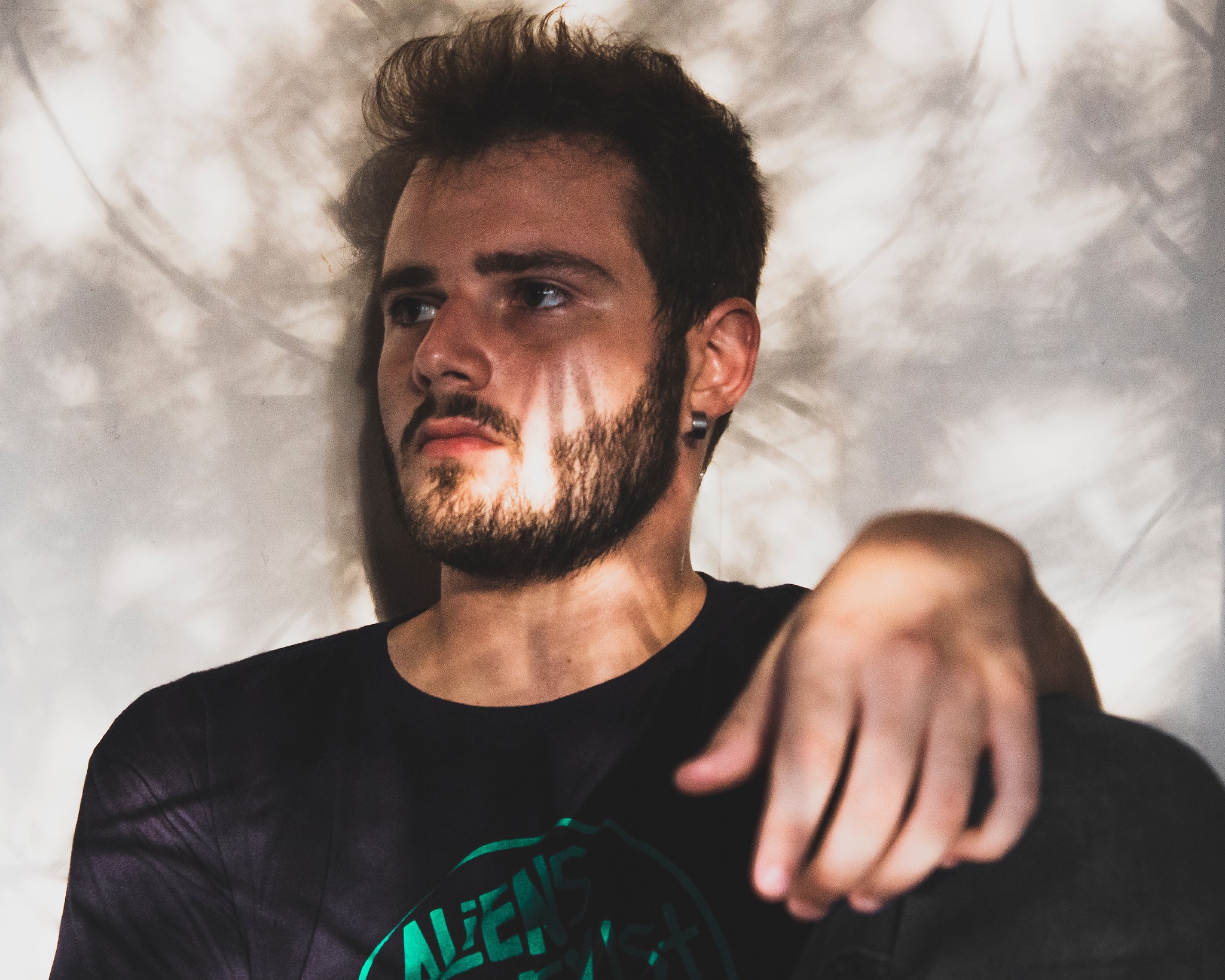Everyone experiences feelings of anxiety now and again. Anxiety is a normal emotion—for example, you might feel stage fright when giving a presentation or feel nervous before making a big decision.
Unlike normal feelings of nervousness, anxiety disorders are a type of mental health disorder that involves constant worrying and fear. For individuals with anxiety disorders, feelings of anxiety, and intense fear can feel overwhelming, and the symptoms of anxiety can make it overwhelmingly challenging to engage in daily activities like social interaction. With treatment, individuals with anxiety disorders can manage their nervousness and discomfort and live a fulfilling life.

Types of Anxiety Disorders
The term “anxiety disorder” encompasses different mental health conditions:
- Panic disorder: Individuals with panic disorders experience overwhelming fear and terror at random. During a panic attack, sweating, chest pain, nausea, muscle tension, heart palpitations, and dizziness are common physical symptoms. Sometimes, you might feel like you’re having a heart attack.
- Social anxiety disorder: Social anxiety disorder, also called social phobia, occurs when individuals experience overwhelming social anxiety and self-consciousness about social situations.
- Phobias: If you experience an extreme fear of a specific object or situation, like snakes or spiders, which causes avoidance of ordinary circumstances, you might have a specific phobia. For example, agoraphobia involves intense fear of particular situations where no “escape” is possible and often prevents individuals from leaving home. Phobias typically include treatment with exposure therapy to the feared object.
- Generalized anxiety disorder (GAD): Individuals with GAD experience excessive anxiety for little to no reason. Physical symptoms, including feelings of tension, fatigue, and headaches, are common. Individuals with GAD may also experience anxiety attacks.
Mental health experts consider the also following conditions anxiety disorders:
- Separation anxiety disorder: Individuals with separation anxiety disorder, typically children, experience separation anxiety and become worried beyond consolation at the thought of being apart from their caregiver.
- Obsessive-compulsive disorder (OCD): Compulsive disorders involve unwanted, intrusive thoughts that cause obsessions and repetitive behaviors, such as hand washing. Individuals with OCD feel like they must perform these repetitive behaviors to reduce anxiety or prevent something bad from happening.
- Posttraumatic stress disorder (PTSD): Traumatic stress disorder occurs after exposure to a traumatic event. PTSD can occur days, months, or even years after the traumatic event, and is usually manifests in the form of intense emotional and physical reactions, such as nightmares, flashbacks, and avoidance or apprehension toward situations that remind the individual of the traumatic event.

Find a Therapist for Anxiety Disorders
Get personalized matchesSymptoms of Anxiety Disorders
All types of anxiety share common symptoms, including:
- Panic, fear, dread, and discomfort
- Sleep problems, including restlessness and fatigue
- Shortness of breath
- Dizziness
- Muscle tension
- Nausea
What should you do if you have an anxiety disorder?
If you’re experiencing constant, intense feelings of anxiety, taking steps to manage your anxiety can improve your quality of life:
- Therapy: Find a psychologist to help you to reduce and manage your symptoms of anxiety with proven strategies, like cognitive behavior therapy (CBT) and other forms of talk therapy. For more information on finding a psychologist to manage your anxiety symptoms, see the tips below.
- Lifestyle changes: Making healthy lifestyle changes, like incorporating aerobic exercise, yoga, and relaxation techniques into your daily life, can help prevent panic disorders. Reducing your intake of stimulants like caffeine and taking deep breaths can also improve your anxiety symptoms.
- Annual check-ups: Scheduling annual check-ups can help rule out any physical medical conditions related to your anxiety symptoms, like heart disease or an
What should you look for in a therapist?
When primary care doctors don’t find any medical conditions underlying symptoms of anxiety, they might refer their patients to a psychiatrist, psychologist, or mental health specialist. Although most mental health specialists are trained to treat anxiety disorders, every doctor treats anxiety differently. Treatment options for common anxiety disorders include:
- Psychodynamic therapy: Psychodynamic therapy will focus on a thoughtful and deep understanding of your belief systems and their roots in early life experiences. Recognizing and acknowledging how these belief systems impact you and your connections to others as well as your conceptions of yourself are key to this type of psychotherapy. Psychodynamic therapy will help you confront fears, social anxieties, and existential dread, among other forms of anxiety.
- Cognitive behavior therapy (CBT): Cognitive behavioral therapy is a type of psychotherapy that teaches individuals with anxiety disorders how to change thought patterns and behaviors that trigger feelings of anxiety and panic.
- Exposure Therapy: Exposure therapy is a subtype of CBT therapy that is designed to expose people to anxiety-provoking stimuli that usually lead to avoidance. This can include situations like flying or objects such as dirt. Sessions are carefully designed so that anxiety levels caused by certain situations or objects do not rise above intolerable levels. The aim is to help people habituate, or get used to their triggers as they realize that the imagined negative consequences haven’t happened.
- Medication: Some SSRI antidepressants, also used to treat major depression, can effectively treat anxiety disorders by making more serotonin available in the brain. In contrast, beta-blockers lower blood pressure by blocking the effects of adrenaline in your body. If you’re interested in using a combination of psychotherapy and anti-anxiety medication to treat your anxiety disorder, talk to your psychiatrist about potential side effects.
If you’re considering seeking treatment for anxiety, reach out to a therapist through WithTherapy. WithTherapy connects each patient to a personalized shortlist of therapists and uses science and research to refine your shortlist and match your preferences. We’ll connect you with a therapist you feel comfortable with, regardless of your personal preferences and requirements. One of the qualified therapists on the WithTherapy platform will help you explore your anxiety disorder and treatment options to help you live a fulfilling life.
Find a Therapist for Anxiety Disorders




